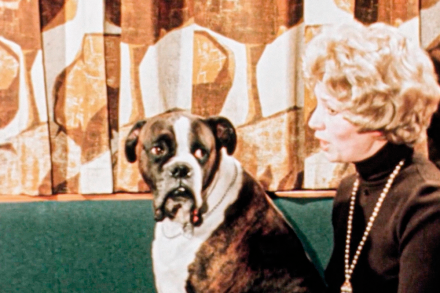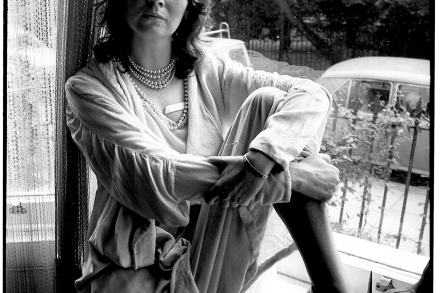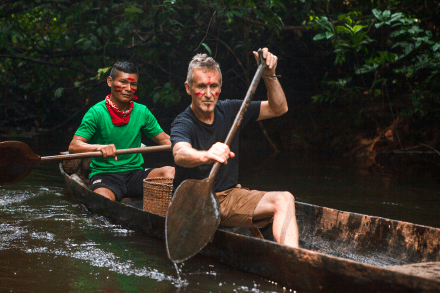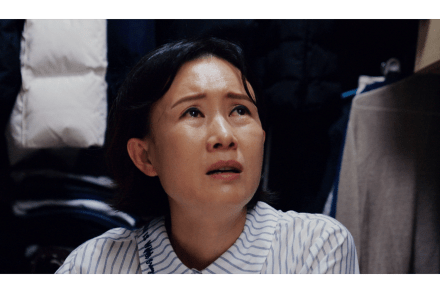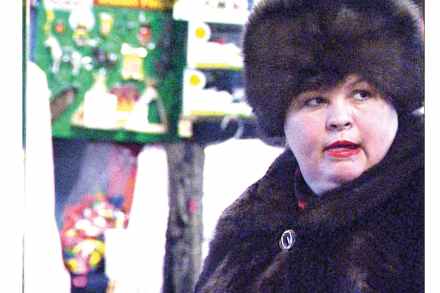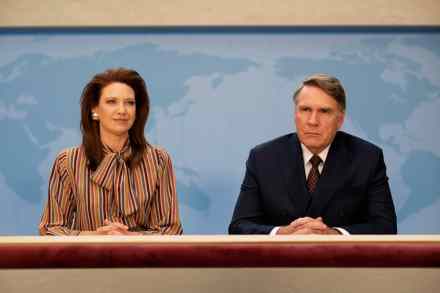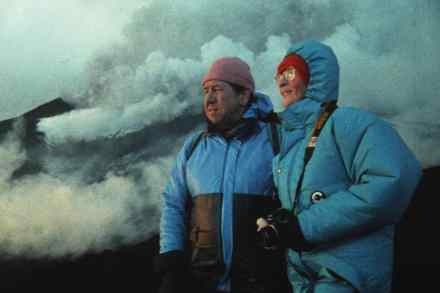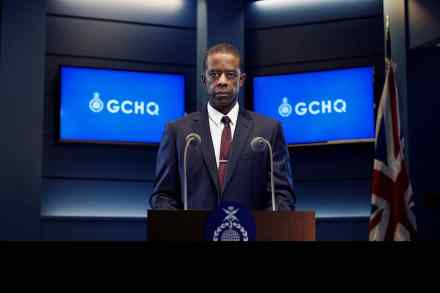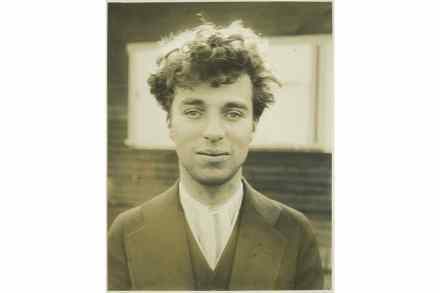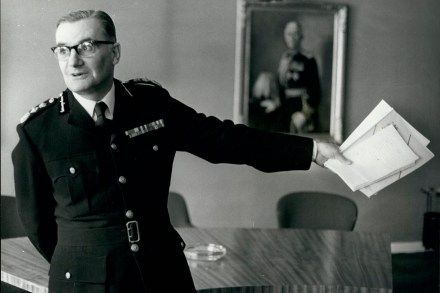The NHS is to blame for Bonnie Blue
Channel 4’s documentary begins as the ‘adult content creator’ Bonnie Blue (real name: Tia Billinger, 26, Derbyshire) prepares to beat the world record of men shagged in 12 hours. Spoiler: she beats it, raising the bar to 1,057, though she was a bit nervous that no one would show up. You might wish to see her cry – because you despise her, or because you need some sign she’s human – but the worst she suffers is a nasty flu. It does somewhat clarify things to discover that Bonnie Blue had been an NHS financial recruiter Bonnie Blue was prohibited from selling the tape on OnlyFans – the porn website


